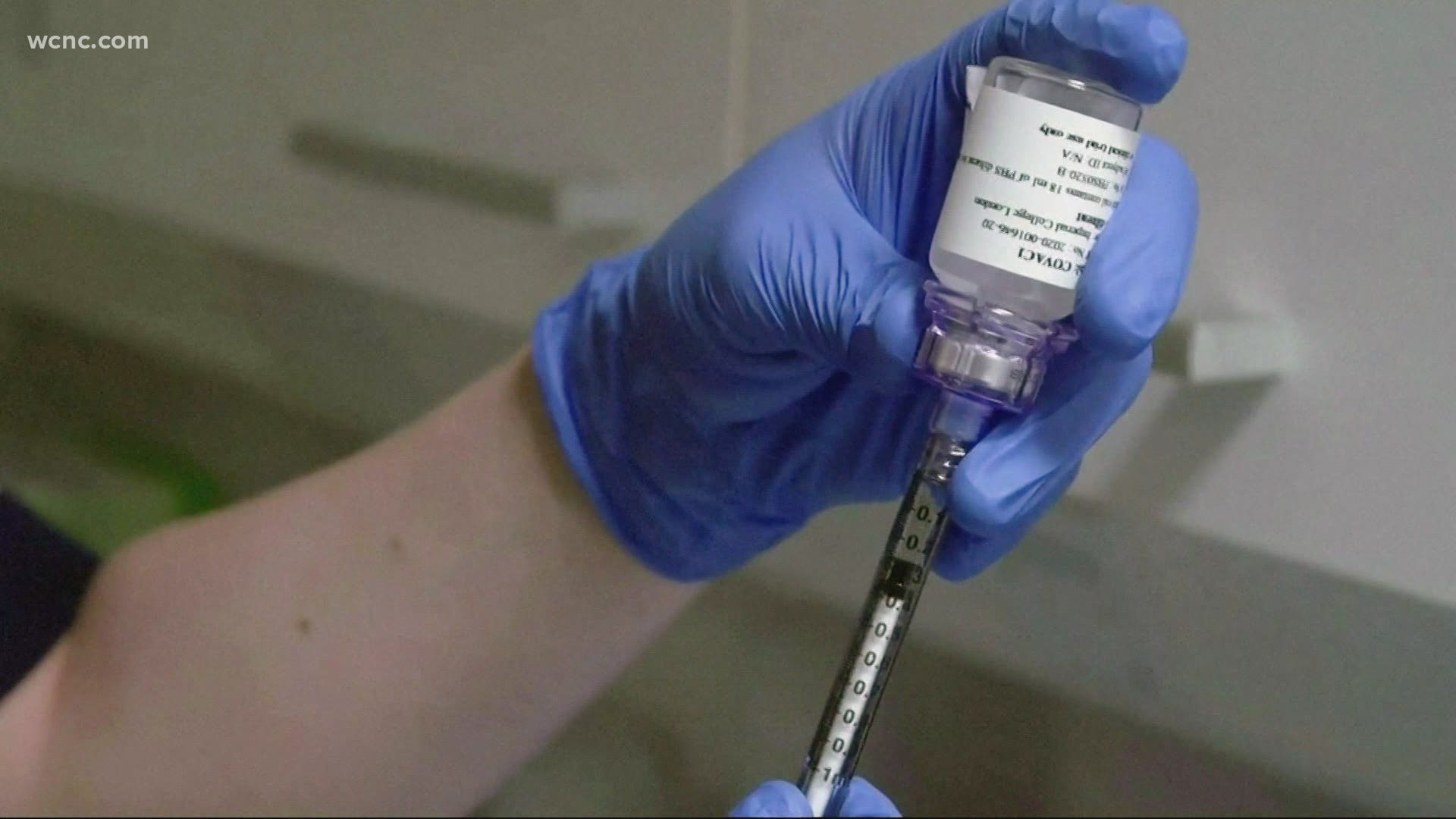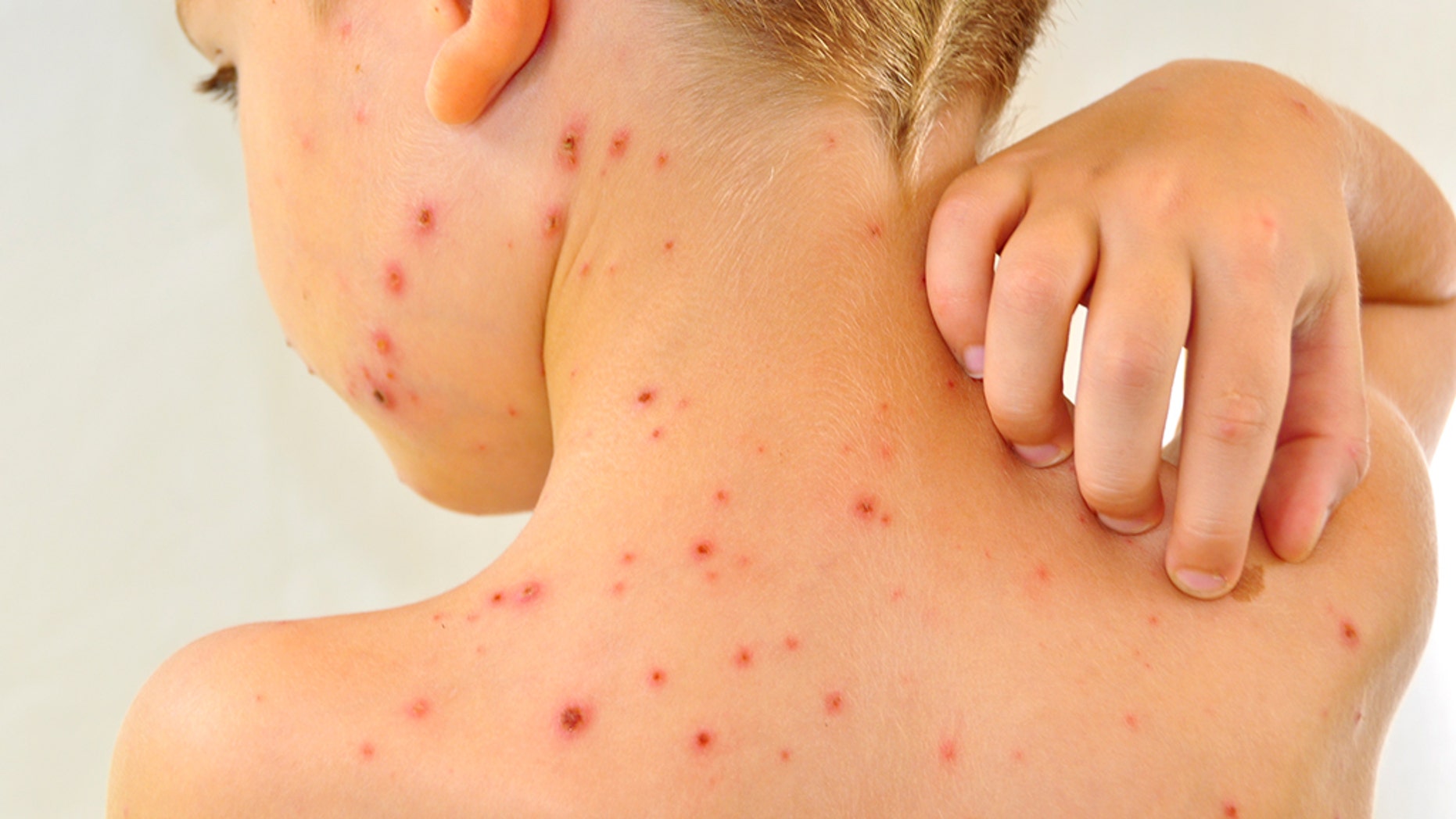
Guatemala City typically sees the most crime.
Do you have to be vaccinated to fly to guatemala how to#
That said, crime does occur in some parts of Guatemala, making it all the more important to know how to stay safe. Most foreign travelers visit Guatemala without problems, so if you practice common sense and restrict yourself to locations and activities Anywhere recommends, you can enjoy a safe -yet authentic- Guatemalan experience. With this in mind, it's important to discuss the realities and myths of crime and safety in Guatemala. CrimeĬonscientious travelers, naturally, try to avoid putting themselves in potentially high-risk situations. For non-medical emergencies, consult " While In Guatemala, What Should I Do In An Emergency?" for information about whom to contact in various emergencies, and how. If you encounter a medical emergency, it is advisable that you get yourself to the nearest big city hospital as soon as possible - preferably in Guatemala City. Medication is often inexpensive in Guatemala, and most towns will have at least one all-night pharmacy. As such, the pharmacists often serve advisory roles about what drugs a patient should or should not take.

Prescriptions are not necessary to purchase medication.

There are pharmacies spread throughout Guatemala, if you need access to medication. Rural towns usually lack quality health care. Guatemala City has first-rate doctors and hospitals, and there are many good private hospitals outside the capital in urban areas. If you find yourself in need of medical care during your trip to Guatemala, you will have access to quality medical facilities. Anti-malarial drugs can also be purchased in Guatemala without a prescription. It’s also possible to buy clothing that’s been treated with permethrin, a chemical that repels bugs. The best way to avoid these illnesses is to use bug spray with DEET and wear long-sleeved clothing, especially while in forested areas. Insect-borne diseases - including malaria and dengue - are often transmitted by mosquitos in Guatemala. The last two are pretty unlikely, but you may come down with a case of “the runs” from traveler’s diarrhea, especially if you eat street food or drink non-purified water. Other gastrointestinal issues include traveler’s diarrhea, dysentery, and even cholera. You might also want to get an anti-diarrheal medication from a pharmacy. This usually only lasts a day or two, but if the problem persists it could be food poisoning - if this happens, drink lots of fluids to replace your electrolytes. It’s not uncommon for travelers to get a case of diarrhea in Guatemala. Visit their website for the most up-to-date travel requirements. The Centers for Disease Control and Prevention (CDC) has current information on vaccinations and disease in Guatemala. If you’re going to take malaria medication, you need to begin taking it a few weeks before traveling to Guatemala. Although malaria medication is not required, it may be prudent if you're visiting Guatemala's rural lowlands. That said, it’s smart to be up-to-date on yellow fever, typhoid, tetanus, rabies, and measles-mumps-rubella (MMR) shots. No vaccinations are required to enter Guatemala. Learn more aobut the best time swim on Guatemala's Pacific or Caribbean Coast in " Is It Safe To Swim In The Ocean In Guatemala?" Vaccinations However, not all beaches are equal - especially when the tides change. Guatemala has some lovely beaches, and both the Pacific and Caribbean sides of the country offer good swimming. However, there are things you can do to stay safe wearing long clothes, exploring the outdoors with an expert guide, and stepping with care are usually sufficient measures to avoid snake bites. You will need to be on the lookout for snakes, because the country is home to some of the world's most poisonous varieties. Guatemala is home to many animals, and this includes snakes. When it comes to mosquitos, a few basic precautions will help keep you safe and well during your holiday - such as wearing long sleeves, and sleeping in screened or netted rooms.

Guatemala's tropical appeal is part of what makes it an exciting vacation destination, however, that also means encountering insects.

Even though Guatemalan law requires ice to be made from purified water, it’s usually a good idea to ditch the ice cubes when ordering drinks. So, although Guatemala grows excellent produce, eating local fruits and vegetables without a peel is not recommended.ĭrinking Guatemalan tap water is not recommended either. Fruit and veggies that require washing (like strawberries) are usually more suspect and can lead to gastrointestinal diseases. That means washing your hands frequently, drinking bottled water, and only eating cooked foods and peeled fruits like oranges and bananas. Prevention is one of the best ways to stay healthy and safe in Guatemala.


 0 kommentar(er)
0 kommentar(er)
